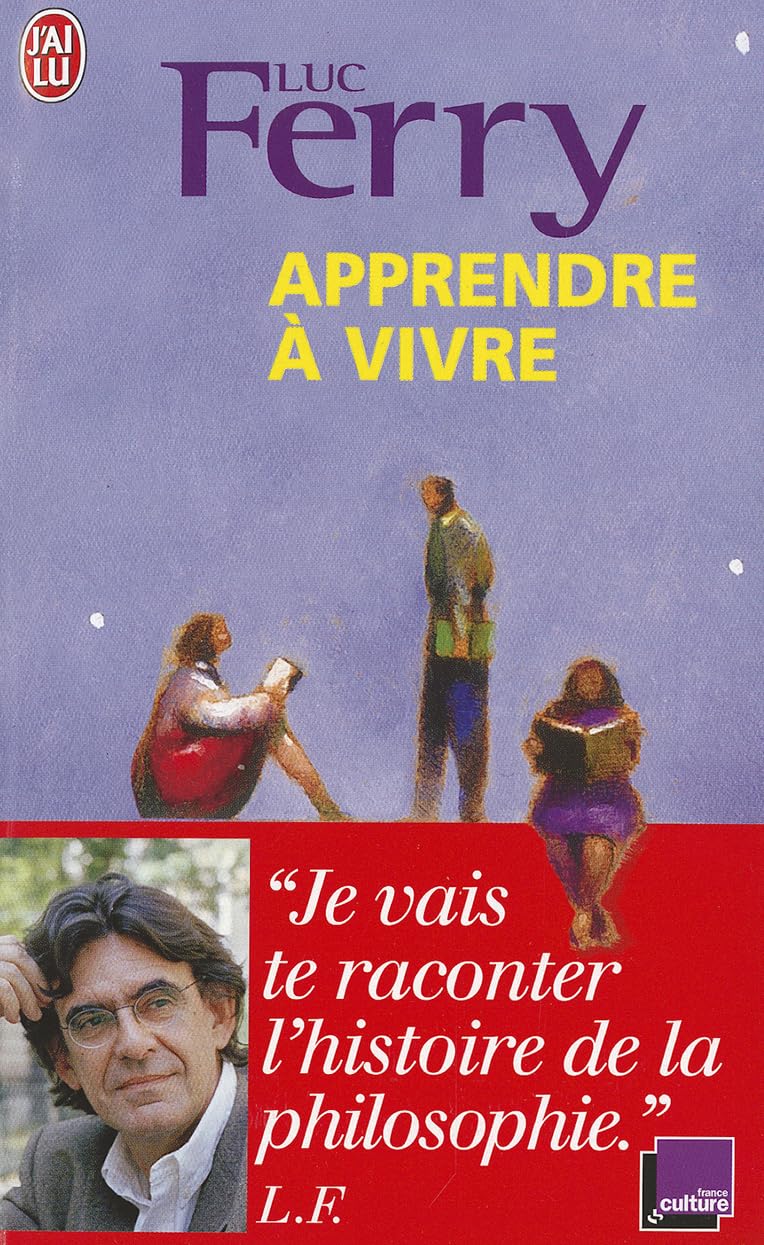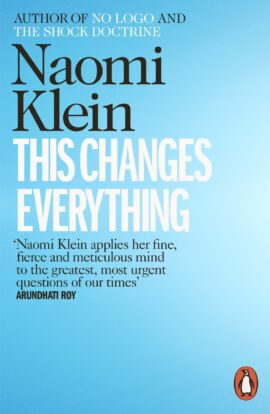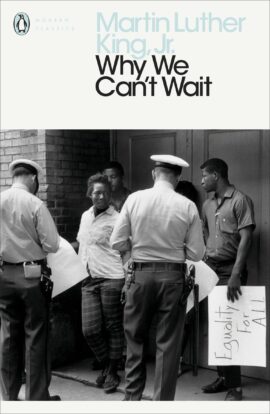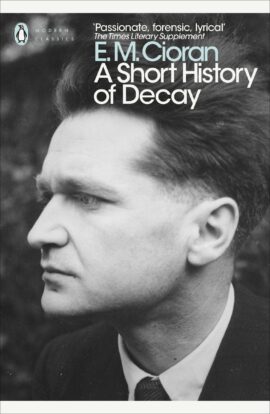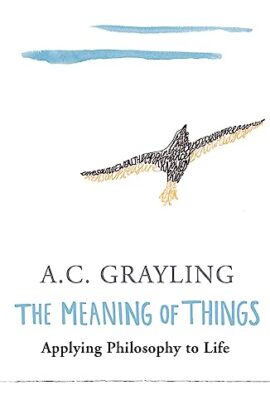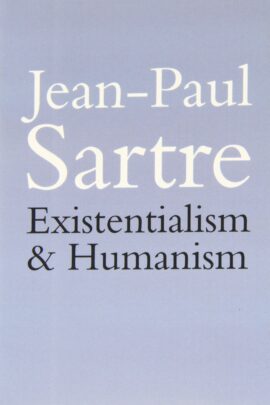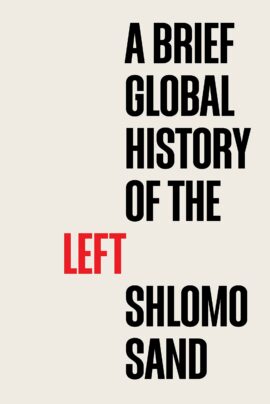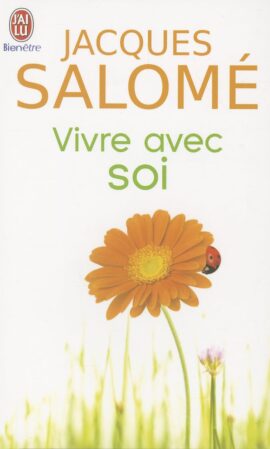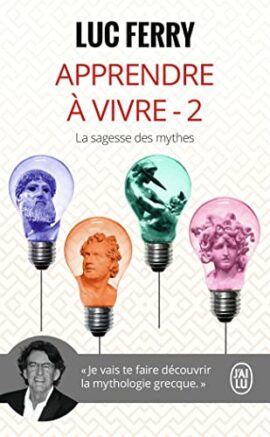«Critical Thinking: A Beginner’s Guide (Beginner’s Guides)» a été ajouté à votre panier. Voir le panier
Apprendre a Vivre (Documents)
1.450,00 د.ج
320pages. 17,8×10,8×1,6cm. Broché.
10
Items sold in last 3 days
Ajouter 4.470,00 د.ج et bénéficier d'une livraison gratuite !
0
People watching this product now!
Estimated delivery dates: avril 22, 2025 – avril 29, 2025
Description
320pages. 17,8×10,8×1,6cm. Broché.
Informations complémentaires
| Editeur |
|---|
Produits similaires
Why We Can’t Wait (Penguin Modern Classics)
2.300,00 د.ج
He changed the course of history' Barack Obama'Lightning makes no sound until it strikes'This is the momentous story of the Civil Rights movement, told by one of its most powerful and eloquent voices. Here Martin Luther King, Jr. recounts the pivotal events in the city of Birmingham, Alabama in 1963 that propelled his non-violent campaign for racial justice from a movement of lunch counter sit-ins and prayer meetings to a phenomenon that 'rocked the richest, most powerful nation to its foundations'.As inspiring and resonant as it was upon publication, Why We Can't Wait is both a unique historical document, and an enduring testament to one man's wise, courageous and endlessly hopeful vision.
Short History Of Decay
2.300,00 د.ج
A Short History of Decay (1949) is E. M. Cioran's nihilistic and witty collection of aphoristic essays concerning the nature of civilization in mid-twentieth-century Europe. Touching upon Man's need to worship, the feebleness of God, the downfall of the Ancient Greeks and the melancholy baseness of all existence, Cioran's pieces are pessimistic in the extreme, but also display a beautiful certainty that renders them delicate, vivid, and memorable. Illuminating and brutally honest, A Short History of Decay dissects Man's decadence in a remarkable series of moving and beautiful pieces.
The Meaning of Things
2.070,00 د.ج
A refreshing distillation of insights into the human condition, by one of the best-known and most popular philosophers in the UK.Thinking about life, what it means and what it holds in store does not have to be a despondent experience, but rather can be enlightening and uplifting. A life truly worth living is one that is informed and considered so a degree of philosophical insight into the inevitabilities of the human condition is inherently important and such an approach will help us to deal with real personal dilemmas.This book is an accessible, lively and thought-provoking series of linked commentaries, based on A. C. Grayling's 'The Last Word' column in the GUARDIAN. Its aim is not to persuade readers to accept one particular philosophical point of view or theory, but to help us consider the wonderful range of insights which can be drawn from an immeasurably rich history of philosophical thought.Concepts covered include courage, love, betrayal, ambition, cruelty, wisdom, passion, beauty and death. This will be a wonderfully stimulating read and act as an invaluable guide as to what is truly important in living life, whether facing success, failure, justice, wrong, love, loss or any of the other profound experience life throws out.
Existentialism and Humanism
2.300,00 د.ج
Over the past sixty years the writings of Jean-Paul Sartre have probably been more influential in the West than those of any other philosopher and literary figure. In his theoretical writings, Sartre laid the foundation for an original doctrine of Existentialism. His concern, however, was to relate his theory to human response and the practical demands of living. To achieve this, he carried his philosophical concepts into his novels and plays, and there subjected them to the test of imagined experience. His uniqueness lies in the success with which he demonstrated the utility of Existentialist doctrine while creating, at the same time, works of the highest literary merit. Thus Sartre became the populariser of his own literary thought. Originally delivered as a lecture in Paris in 1945, "Existentialism and Humanism" is Jean-Paul Sartre's seminal defence of Existentialism as a doctrine true to Humanism, as opposed to a purely nihilistic creed, and a plan for its practical application to everyday human life. This exploration of one of the central tenets of his philosophical thought has become the essential introduction to his work, and a fundamental text for all students of philosophy.
A Brief Global History of the Left
4.140,00 د.ج
What is happening to the Left? It seems to be dying a slow death. While many commentators have predicted its demise, the Left has always defied these bleak prognoses and risen from the ashes in the most unexpected ways. Nevertheless, we are witnessing today a global decline in organized movements on the Left, and while social struggles continue to challenge dominant political regimes, these efforts do not translate into support for traditional left parties or into the creation of dynamic movements on the Left.Bestselling historian Shlomo Sand argues that the global decline of the Left is linked to the waning of the idea of equality that has united citizens in the past and inspired them to engage in collective action. Sand retraces the evolution of this idea in a wide-ranging account that includes the Diggers and Levellers of seventeenth-century England: the French Revolution: the birth of anarchism and Marxism: the decolonial, feminist, and civil rights revolts: and the left-wing populism of our time. In piecing together the thinkers and movements that built the Left over centuries, Sand illuminates the global and transnational dynamics which pushed them forward. He outlines how they shaped the notion of equality, while also analysing how they were confronted by its material reality, and the lessons that they did – or did not – draw from this.This concise and magisterial history of the Left will appeal to anyone interested in the idea of equality and the fate of one of the most important movements that has shaped the modern world.
Vivre Avec Soi (Bien Etre)
1.000,00 د.ج
Vivre avec soi n'est pas toujours simple, loin s'en faut ! Et pourtant, il s'agit d'une aventure stimulante à travers laquelle Jacques Salomé nous guide à la rencontre de nous-mêmes. Comment se responsabiliser en ne restant pas enfermé dans la plainte, le reproche, l'accusation et la victimisation ? Sommes-nous à l'écoute de nos besoins relationnels ? Sommes-nous au clair sur nos croyances et leur impact sur notre vie quotidienne ? De quelles valeurs témoignons-nous auprès de ceux qui nous entourent ? Qui prend le risque de se poser de telles questions et tente d'y répondre en récoltera les bienfaits : enrichir à la fois sa vie personnelle et son monde intérieur : goûter, enfin, aux petits bonheurs de la vie.

